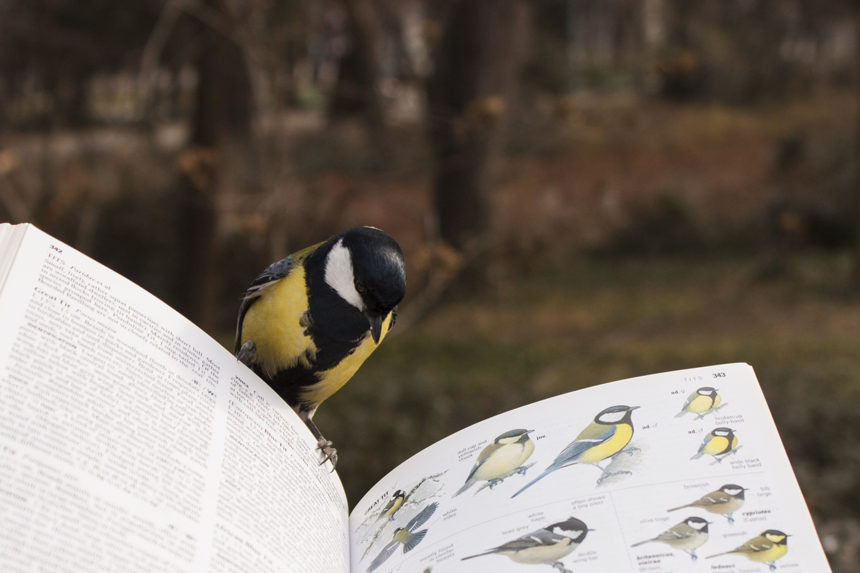Managing editor and logophile Andy Hollandbeck reveals the sometimes surprising roots of common English words and phrases. Remember: Etymology tells us where a word comes from, but not what it means today.
Most jobs come with some sort of perk — an employee discount, a company car, a free gym membership. I, for example, have a comfortable sofa in my office. This type of perk showed up in the 1860s as a shortening of perquisite, a word that had existed in English since the mid-1400s. The meaning then was much as it is now: “property acquired other than by inheritance or purchase.”
This in turn comes from perquisitum, meaning “thing gained” in Medieval Latin and “thing sought after” in classical Latin. Perquisitum is a noun form of perquirere, which breaks down as per- “thoroughly” (like in persuade) plus the verb quaerere “to seek.”
Why the change in the Latin meaning? I can only guess that over the centuries during the transition from classical Latin to Medieval Latin, enough people must have (rather easily, perhaps) found the thing they were seeking that the word eventually referred to the thing they got without even really looking for it.
If that quaerere makes you think of question and other question-related words, you’re on the right track: Other words that find quaerere at their root include question, query, and inquire, as well as exquisite, acquire, and conquer.
Of course, perk can be a verb, too, but it has a different backstory. There are a few ways that something or someone can perk up or be perked up. In a crowded room, you might perk up at the sound of your own name. If you’re feeling a bit drowsy, you might drink some coffee to help perk yourself up. And if your clothes seem a little drab today, you could perk them up with some bedazzling.
None of these cases of perk relate to perquisites. Instead, they all come from a late-14th-century alteration of perch. The Medieval Latin perca was a pole or rod for a hawk to rest on — that is, to perch on. The word came to English through French, and eventually became the broader perch, meaning any place that a bird sat and waited.
In some dialects, perch became perk and also took on a second sense of any horizontal bar used for support. Thus, when you perk up, one of two things is metaphorically happening: You’re either using something external to you to give yourself support, or you’re preening like a pretty-bird on its roost.
Become a Saturday Evening Post member and enjoy unlimited access. Subscribe now




Comments
Not just classical Latin, but Medieval Latin for the story of perk, and all of it’s various meanings. I knew a woman when I worked at Security Pacific’s bankcard center that underwent a breast procedure to make them ‘perkier’ which was less evasive, and her insurance covered it. Insurance covered a lot of things in the mid-80’s it doesn’t now, and without having to justify very much.
It involved incisions to simply lift them in such a way where the points would be tilting upward in a manner they hadn’t previously. No enlargement, just what I described. She’s the one who talked me into being the Chippendale’s guy for Halloween over a couple of (lunch) Kamikaze’s at Flakey Jakes.
I remember the song ‘Building the Perfect Beast’ was on the video screen in the background and she proposed a toast to building the perfect bust, with a laugh. This was still mid-September, and everything worked out great; in plenty of time for an adult-themed Halloween party, totally inappropriate for these completely neurotic times. No perks at work like these or any other kind, ever again.